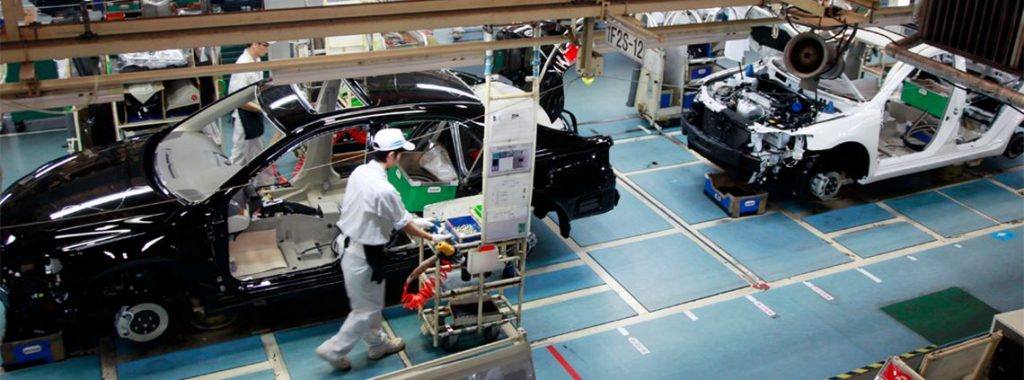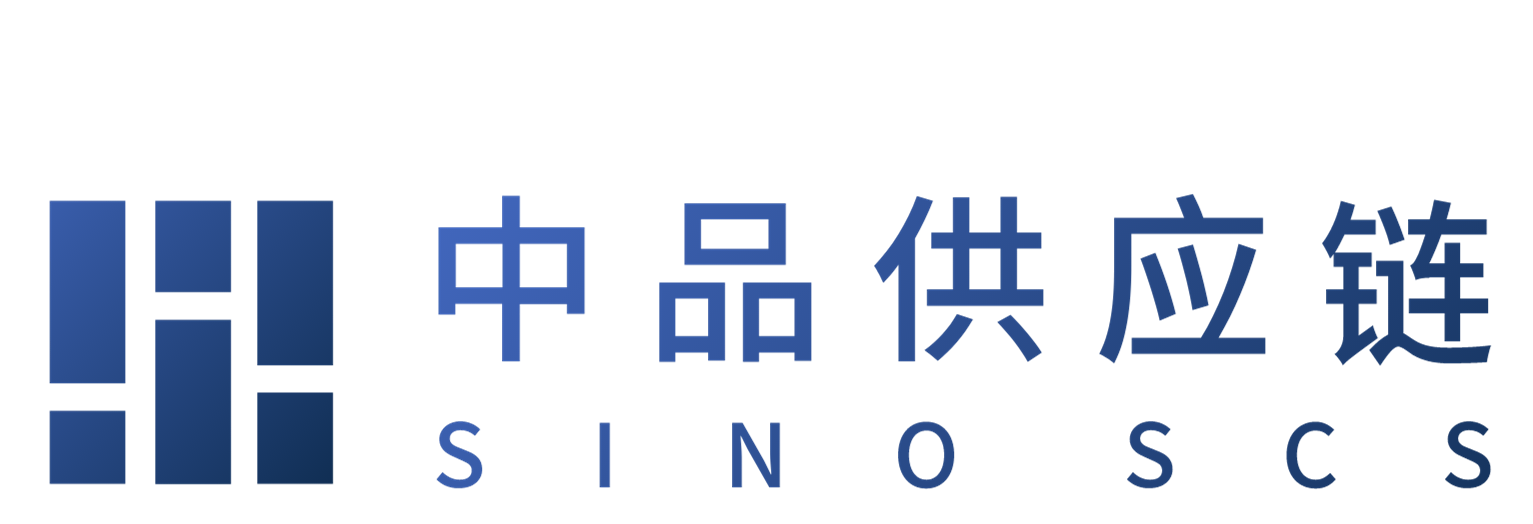Why ’emergency’ chip sourcing has become the norm at Toyota

A lingering semiconductor shortage has left Toyota relying on “emergency” supply chain measures as second quarter profits fall by 25% more than expected to $3.79bn.
Toyota has repeatedly cut production targets in recent months and has cut production forecasts by 500,000 units to 9.2m units, according to chief officer for accounting Masahiro Yamamoto.
This was to take into consideration risks such as the procurement of semiconductors, he said.
“While production constraints continue due to low supply of semiconductors, a lockdown in Shanghai, the flood in South Africa, etcetera, we worked hard with our dealers, suppliers and production sites in order to deliver as many cars as possible to our customers,” Yamamoto said.
“Operating income decreased due to soaring materials prices and one-time costs, despite the positive effects from the depreciation of the yen.”
Responding to questions in an earnings call, Kazunari Kumakura, chief officer of Toyota’s purchasing group, said the supply situation for semiconductors had been hit by the Covid-19 pandemic.
“Every day, we had emergency supply measures for the past 2.5 years,” he said – adding that such measures had become so customary that the situation was now routine rather than an emergency.
“Some of the semiconductors were hit by natural disasters or fire, and also the lockdowns in southeast Asian countries or China that really impeded supply, which couldn’t [keep pace] with the demand, and such conditions still [continue] today,” he added.
Kumakura said Toyota had been increasing the inventory of electronic parts and was working together with tier one suppliers to limit disruption.
Certain Toyota models use up to 1,000 semiconductors per vehicle, he said, and this usage was expected to increase. With semiconductors being made by “many different manufacturers” and with production “divided into different parts and locations throughout the world, even if one element of the semiconductor is in short supply or eliminated, a single car cannot be built”, he pointed out.
Toyota is also strengthening communication with semiconductor manufacturers while extending support for logistics, as well as substituting other products, he added.
While this means the company has reduced its exposure to risk, inventory for some semiconductors has remained short and is expected to remain so for several months.
Toyota president Akio Toyoda has asked the Japanese prime minister, Fumio Kishida, for tax breaks for Japan’s “mobility sector” to help reduce carbon emissions, according to Reuters.
“I feel that we were able to kick off [a discussion about] Japan’s carbon neutrality efforts and digital transformation, with mobility as core,” Toyoda was quoted as saying after the meeting.
Toyota was an early leader in the production of hybrid vehicles but is now under fire for falling behind rivals when it comes to EV vehicles.

